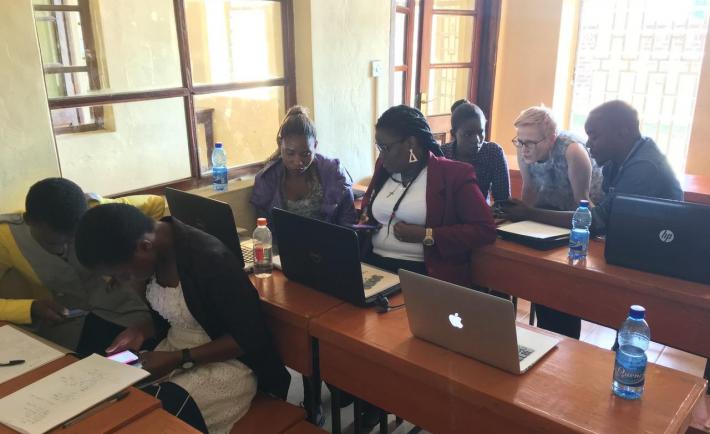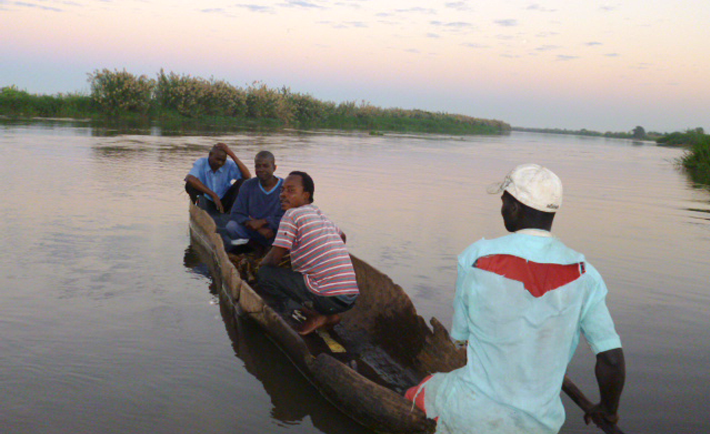
Malawian journalists at the Malawi Institute of Journalism combating disinformation during the Malawi elections.
The 2019 Presidential elections in Malawi were anticipated to be the closest elections in history for the country, and therefore, there was heightened interest, especially internationally. When an image of Tweet claiming to be from the President of the United States expressing his political preference for a particular Malawian presidential candidate was circulating, I knew the information environment was rapidly changing in Malawi. It was deep into campaign season in the southeastern African country of Malawi and a disturbing new trend emerged: digital disinformation. The constant, relentless false news stories were being spread via social media and across platforms like WhatsApp at an alarming rate. Though false news stories meant to deceive the electorate can be common around elections, especially around the electoral process and candidates, the excessive rate at which it was spreading in Malawi caught us all by surprise.

